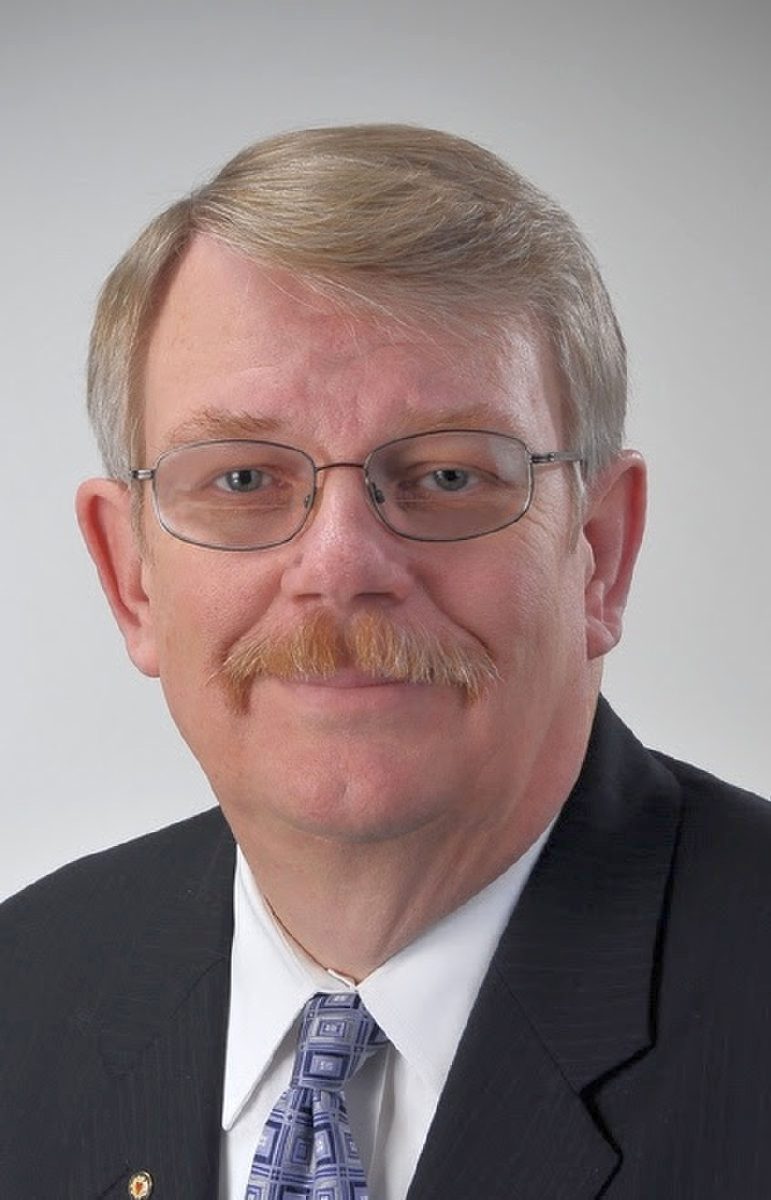
I spent my entire professional career in higher education administration, eventually rising to a senior position. I used to be proud of that. No more.
The lofty goals of college study, such as free inquiry and critical thinking, were things we challenged our incoming freshmen to take as their own. Now this Olympian-like quest for well-formed knowledge and liberal mindedness (liberal here being with a small “l”) has become a marble man, an iconic monument to the past, rather than a vibrant scholarly journey. And we know what is happening to other marble men across America in these benighted times.
Higher education likely has always been over-represented by those on the left of the political spectrum but that just made the debate more enjoyable. As a member of Young Americans for Freedom back in my undergraduate years, we thrived on the intellectual discourse with any and all comers. It was stimulating — and not just because beer seemed always to be involved — and rewarding in helping to understand how others thought.
Here’s one example. I was an economics major and one of my favorite profs was an avowed Marxist. He taught Keynesian economics straight up, something neither of us could stomach much and I guess that created a bond.
This was during the height of the Vietnam War protests but we politically active students inherently appreciated that the public forum was a place for debate and an opportunity to persuade.
Toward the end of my career, I was still proud of my university’s commitment to free speech and free inquiry. I may not have been the only voice coming from the right, but very likely the most outspoken. Yet I did know that my perspective as a conservative and devout Christian was not only respected but expected during cabinet-level discussions of potentially controversial issues.
Across our campus, student ideological, religious and political groups freely gathered and conducted their business. We didn’t need any free-speech zones; the university campus was created as a marketplace for ideas.
But no more, based on a snowballing dossier of recent events.
Too many of our college campuses have become reeducation camps where unorthodox thinking is to be suppressed, repressed and purged. One voice crying in this wilderness is the Intercollegiate Studies Institute (ISI), a conservative/libertarian not-for-profit organization seeking to keep the voice of classical liberalism and America’s founding principles alive. Not always successfully, alas.
When several students at Hobart and William Smith Colleges petitioned the student government for official recognition as an ISI student reading group, they were denied. Why? The existence of such a group “would cause stress to the student body.” Seriously? A reading group? At a college dedicated to liberal education? Before straining oneself to defend this decision, please note that this was the only application denied out of 24 petitions.
ISI offers more examples of this putative thought control. Protesters at the College of the Holy Cross disrupted a speech by scholar Heather Mac Donald that effectively canceled it. One wonders what He who hung on that cross thinks about such un-Christlike activity.
The same happened to economist Arthur Laffer when he tried to speak at Binghamton University. Previously these campus radicals had used violence to stop conservative groups from interacting with students through an information table. All in a good day’s work for the anti-intellectual hit squad.
It seems that daily we learn of incidents where students and professors are faced with sanctions for exercising free speech. Perhaps the most publicized one involved tenured Princeton professor Joshua Katz who faced investigation by his president who was quoted as describing Katz’s use of free speech as irresponsible. Fortunately for Katz, Princeton backed down and no investigation was commenced. But the Princeton president did threaten an investigation, academic freedom and the First Amendment notwithstanding. That alone should send a chilling pall across academia.
Let’s bring this closer to home. What’s the climate at Indiana’s universities and private colleges? I’ve been retired for close to a decade now so I have no first-hand knowledge but, given the national trend, a healthy dose of skepticism is called for.
Here is the question for parents of today’s prospective college students. That alma mater you root for on Saturday afternoons may no longer be what you fondly remember. Put aside your alumni loyalty and do an internet search of what is happening there. Do you find a disconnect between what you recall and what is happening today?
My grandchildren are still elementary school age but I am worried, very worried, about what colleges will be like when they reach that age. It may be a moot point as higher education continues to price itself beyond the reach of most, all the while providing questionable career advantage for its graduates. It certainly can no longer claim to be educating free people for a democratic society.
Higher education’s day of reckoning draws ever near.
Mark Franke, an adjunct scholar and of the Indiana Policy Review and its book reviewer, is formerly an associate vice chancellor at Indiana University-Purdue University Fort Wayne.
